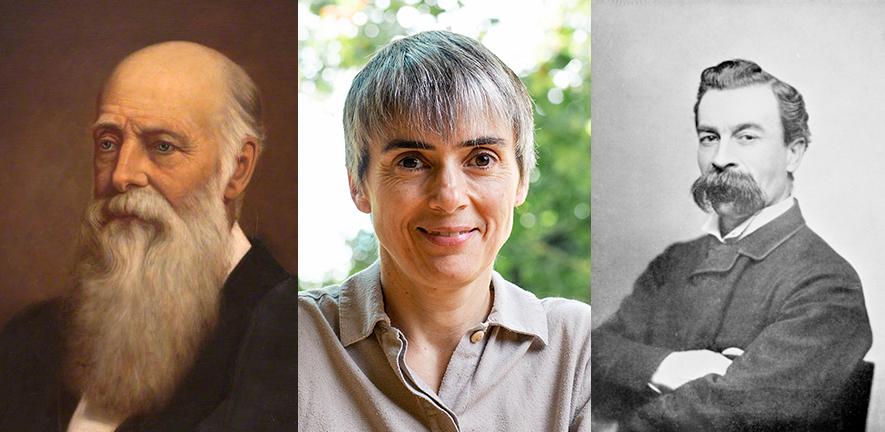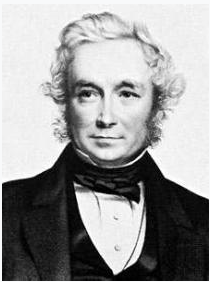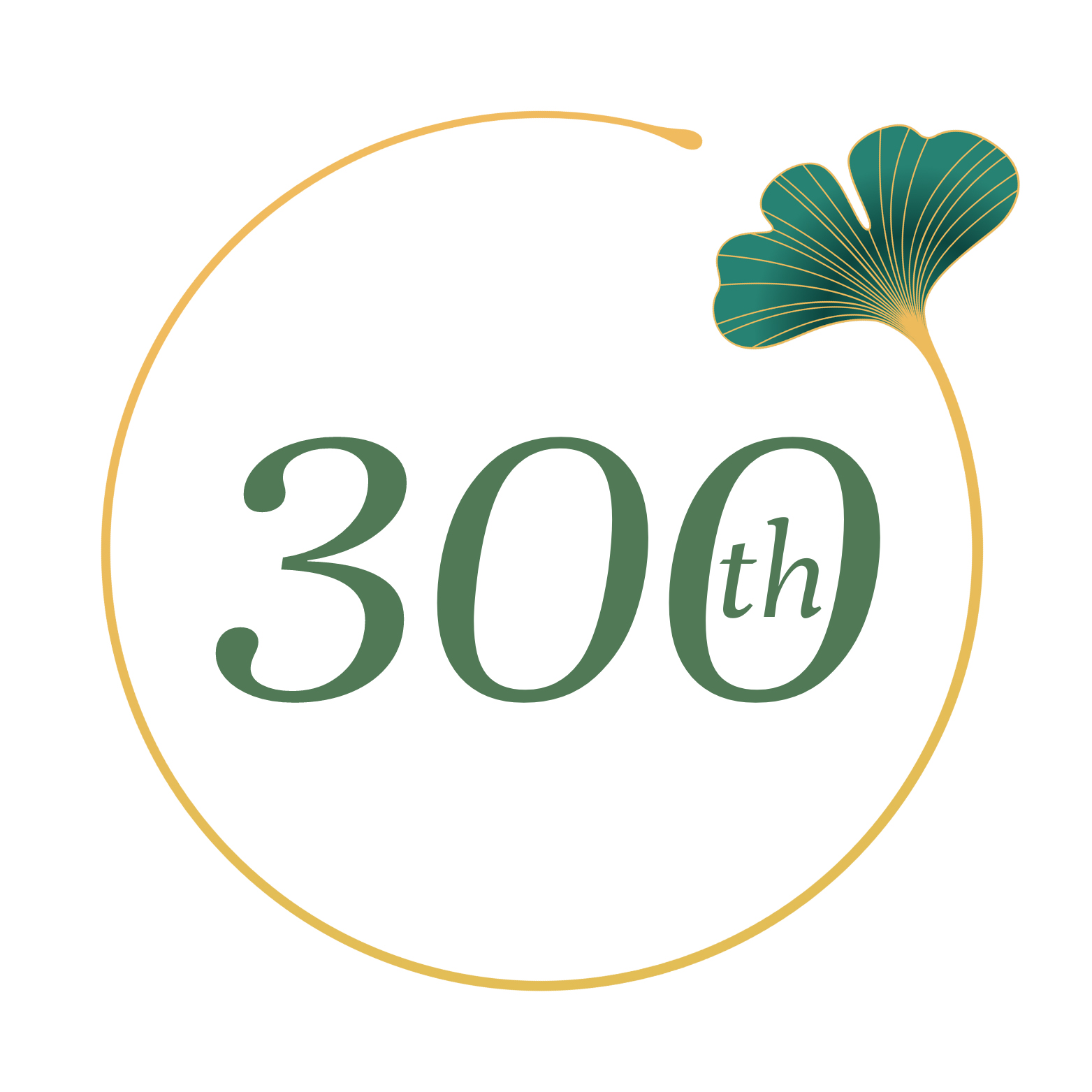
Submitted by Anonymous on Mon, 22/01/2024 - 11:52
Celebrating the 300th anniversary of the first Professor of Botany at Cambridge
2024 marks the three-hundredth anniversary of the appointment of the first Professor of Botany at Cambridge, and will be a year of celebration for the department.
Three hundred years ago the study of botany, or plant sciences as it has since become known, at Cambridge focussed around understanding plants as divine creations seen through a theological framework, part of as the university’s focus on educating theologists to serve in the Church (more here). Richard Bradley, the first professor of botany, was himself a theologian with a strong horticultural interest, and published one of Britain's first ever horticultural works, ‘New Improvements in Planting and Gardening’ (1717 - 1718).
Subsequent professors led the development of botany as an academic and practical subject: Second professor John Martyn’s work formed the basis of the university herbarium, and his son Thomas who served as third professor established the forerunner of today’s University Botanic Garden. Keen naturalist John Stevens Henslow (right), who served as fourth professor and published the first ‘Catalogue of British Plants’ in 1829, selflessly gave up his opportunity to join the Royal Navy’s Captain FitzRoy as naturalist on the second voyage of HMS Beagle (1831 - 36) in favour of his good friend and student, Charles Darwin.
Plant Sciences at Cambridge today
These days the university has over five hundred staff and postgraduate students working to deepen our understanding and broaden awareness of the plant sciences, based in the Department of Plant Sciences, at the department’s Crop Science Centre and the University Herbarium, in the Conservation Research Institute, at Cambridge University Botanic Garden, at the Sainsbury Laboratory and in interdisciplinary research groups in a range of departments covering subjects as varied as Global Food Security and Engineering Biology.
Each year about twenty-five students graduate in plant sciences, and our new Masters course in Crop Science offers new opportunities to nurture a global cohort of crop science leaders. And with 25-30 doctoral students graduating in plant sciences each year, the University is at the forefront of growing the nation’s capacity to understand and develop our plant resources for a more sustainable future for us all.
Professor Julian Hibberd, Head of the Department of Plant Sciences said, ‘We are delighted to mark the 300th anniversary this year to celebrate the many botanists and plant scientists who have made Cambridge one of the leading centres of botanical study in the world, and to look to the future to see how we can best contribute to scientific discovery and enhance our impact for a more sustainable world.’.
A year of celebration
To celebrate the anniversary, we will be:
- Celebrating the achievements of Cambridge botanist Agnes Arber, who will be remembered with the unveiling of a plaque.
- Publishing monthly research stories that highlight some of the discovery science that the department is currently engaged in.
- Hosting an inaugural lecture for David Edwards, Professor of Plant Ecology, a prolific researcher with a deep understanding of all things ecological.
Professor Deborah Prentice, Vice Chancellor of the University of Cambridge, said ‘The 300th anniversary of the establishment of a Professor of Botany is an extraordinary milestone for Plant Sciences at Cambridge. Today we celebrate not only a very distinguished history of discovery, but also some of the most exciting research being conducted for the benefit of society, in topics ranging from conservation to global food security’.
You can find out more about the Professors of Botany, along with some of the scientific achievements and developments that have happened within Plant Sciences over the last few hundred years, in our timeline.
Follow us here on the departmental website and on our social media for the latest updates.
The top image shows Professors of Botany Cardale Babington, appointed 1861; current Regius Professor of Botany Dame Ottoline Leyser; and Harry Marshall Ward, appointed 1895.


